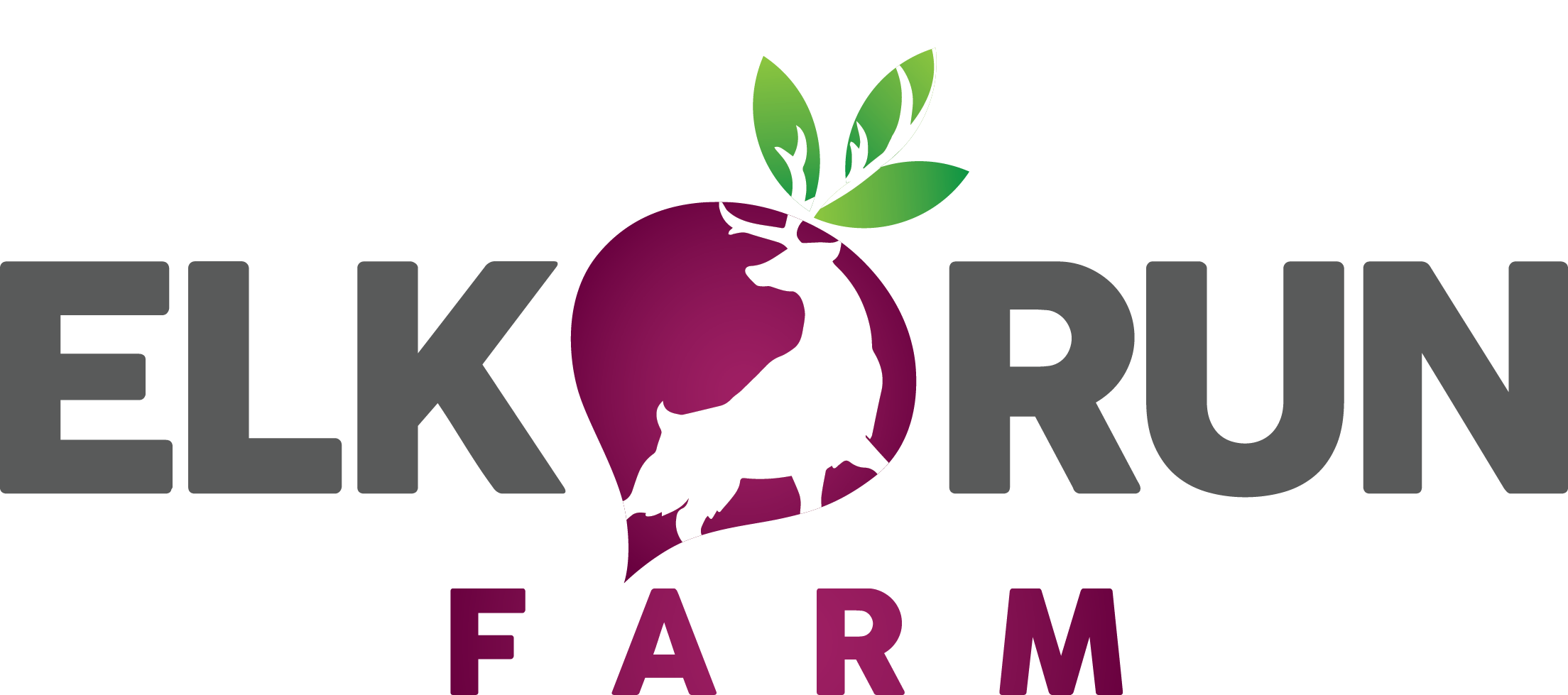The South King County Food Coalition (SKCFC) serves a remarkably large area that encompasses diversity in land, people, resources, and more. The unique relationships between the food banks and local resources means that volunteer relations is both a challenging and rewarding element to the project. Before any volunteer recruitment plan can be created, research is key to guiding the framework of that plan.
Community “Report Cards”
Community demographics can be useful in a variety of ways but it is particularly important for volunteer engagement as each community can offer different skills and resources to the project, but only if properly engaged. The second year VISTA created documents and resources using demographic information, maps, and other public information such as reports on hunger and nutrition to compile “report cards” about the twelve sections of South King County that could be used to make informed decisions about the needs of each one.
Now that research is done, get the word out!
The first step towards developing a strong volunteer base is to interact with the community in a variety of ways and get the word out about the project. Cast the net widely!
-
Send emails and pass out fliers to local business, churches, and civic organizations such as Boy Scouts of America, Girl Scouts, and more.
-
Attend networking events, Chamber of Commerce meetings, and information sessions about local events to increase awareness and presence in the community. While this approach is labor intensive, the long term benefits have proven worthwhile recruiting interested volunteers.
-
If your community has a farmers market, ask the market manager if you can table there. The community members shopping at the farmers market are already interested in supporting local agriculture so meeting them where they already gather became a crucial way for Elk Run Farm to recruit volunteers. This even resulted in a few monetary donations!
Add some structure so it is easy for volunteers to receive information.
-
Volunteer Practices & Policies: This document outlines information that a volunteer would need to prepare for a work party such as what to wear and bring, policies about minor volunteers and expectations of the volunteer and of Elk Run Farm. This is sent to every recruited volunteer that reaches out to the farm as well as any community groups that schedule a volunteer day with the farm.
-
Volunteer Release and Waiver of Liability: This document plays two roles: an added precaution for the farm and an explanation of risks to volunteers. As an organization that takes many pictures at the farm, it also serves as a way to get photo releases from volunteers. The VISTA has not had a legal professional look over this document and recommends other organizations to do so if they have the resources.
Pursue Partnerships
-
Corporate volunteer groups: Elk Run Farm has relied on corporate volunteering to tackle bigger projects since they provide the numbers and if asked strategically, can provide monetary support for the project. The key is to develop partnerships with people that can act as a liaison and spokesperson for your site.
-
Example: Elk Run Farm recruited a corporate group of 120 through a partnership with Seattle Works. Companies come to Seattle Works looking for a volunteering opportunity and they act as a liaison for nonprofits that need volunteers. Partnering with Seattle Works enabled the farm to get a foot in the door with these corporate groups since they could take on some of the capacity of volunteer management. They spoke on the farm’s behalf when an opportunity was presented, which was instrumental in securing a corporate team of 120. Not only were people’s time and effort secured, the Brighton Jones group came with a budget for supplies that funded the equipment for these projects.
-
School groups: One of the most impactful partnerships that Elk Run Farm has created is with the Plant Sciences program at the local Tahoma High School. The farm is hosting weekly field trips for 92 students participating in the program, which started with the new school year. The students learn about the different plant families that the farm grows, cover crops, basic farm systems as well as helping the farm harvest for food banks. The teacher of the program decided to reconfigure the timeline and content of her classes based on the needs of the farm to maximize the benefits of both members of the partnership. Without the existing partnership with the teacher, this could not have been possible. The work with Tahoma High School was a great lesson on the possibilities of how a relationship with people working in other community organizations, such as public schools, can grow to be mutually beneficial with flexibility and willingness to work together.

